An Introduction to Forex Trading
Instead of boring you with the bloated history of the Forex market, I’ll skip right to retail Forex trading which is what you will be doing. Before the late 90’s, there was no retail Forex trading. You needed several million in an account to trade the Forex Market, and even then – you were a small client in a big sea.
But due to leverage and an expansion of the Forex market – it became possible, via brokers who allowed retail participants, like you, to enter the Forex trading arena.
Before we talk about what makes the Forex market so popular and which core trading skills are needed to trade Forex successfully, let’s have a quick look behind the curtains of the Forex market.
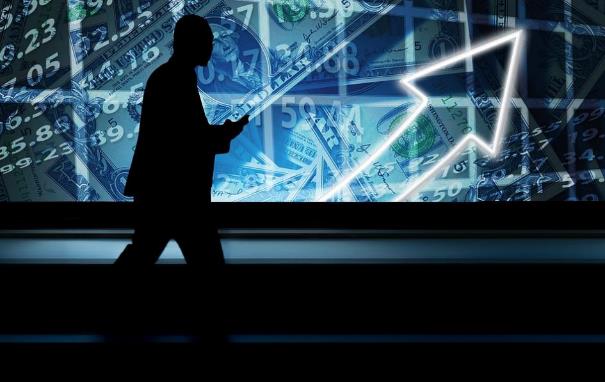
What is Forex Trading?
The Forex market is one of the most diverse, fast-paced markets around. Banks, businesses, governments, investors and traders come to exchange and speculate on currencies in the Forex market which also is referred to as the ‘FX market’, ‘Foreign currency market’, ‘Foreign exchange currency market’ or ‘Currency market’.
It is the largest and most liquid market in the world. The daily traded volume changes frequently, but according to the Bank for International Settlements (BIS), trading in the Forex market averaged $5.1 trillion in April 2016.
The FX market is open 24 hours a day, five days a week and currencies are traded worldwide from the major financial centers of New York, London, Paris, Frankfurt, Zurich, Tokyo, Hong Kong, Singapore and Sydney. This means, when the Forex trading day in the U.S. ends (5pm EST), trading begins anew in Honk Kong & Tokyo.
The various trading sessions of the FX market can be divided into three major categories;
- The first being the Asian session which covers the Wellington, Sydney and Tokyo sessions. This continues into the start of the second session which is
- The European/London session. This is the largest session in terms of volume, transactions and volatility, constituting over 37% of all Forex trading activity throughout the world.
- The last session is the NY/US session which starts around 8am EST and continues till 5pm EST. This is the second largest session by volume and transactions.
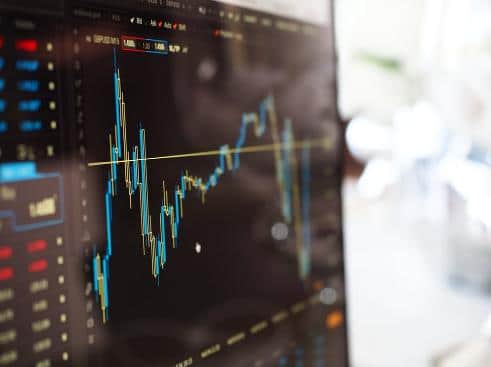
How You Can Trade The Forex Market
The FX market allows you to buy and sell a currency of any country against another currency.
The most popular currencies in Forex trading are the US dollar (USD), the Euro (EUR), the Great British Pound (GBP) and the Japanese Yen (JPY). The USD is the most commonly traded currency while the Euro is 2nd. Thus, the EUR/USD (Euro vs. the USD) is the most traded Forex pair on the planet.
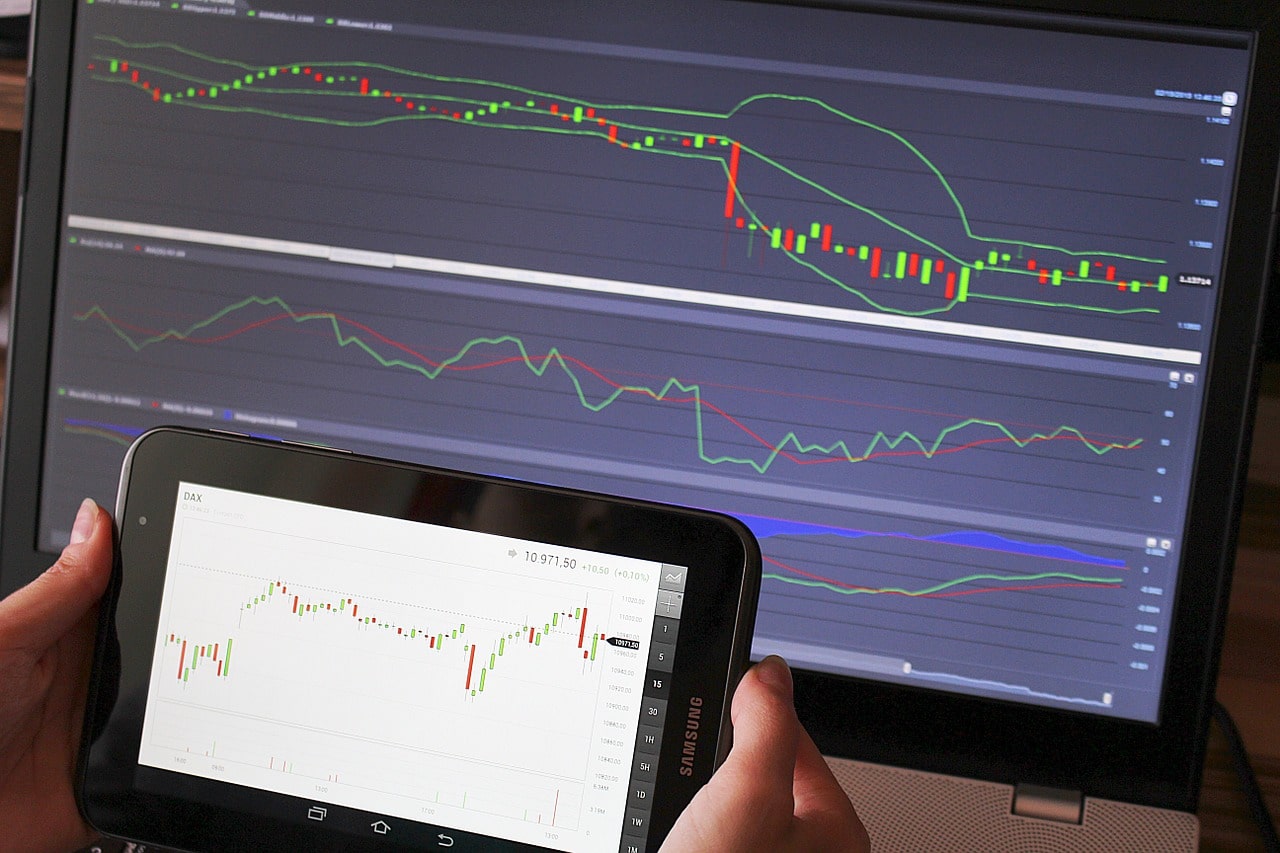
To give you the most basic example of how you can trade the Forex market and profit, if you think the Euro is going to rise vs. the USD, then you would buy it vs. the USD via the EUR/USD pair. On the other hand, if you think the Euro is going to fall in value – then you would sell it vs. the USD. This is the basic mechanic of Forex trading.
Basic Features of The Forex Market
There is no centralized trading exchange in the FX market vs the stock market (e.g. New York Stock Exchange). All Forex trades are carried out electronically, over-the-counter (OTC) with the prices quoted by the major banks. There are about 13 major banks which do this, thus, not all banks will have the same exact price on currencies.
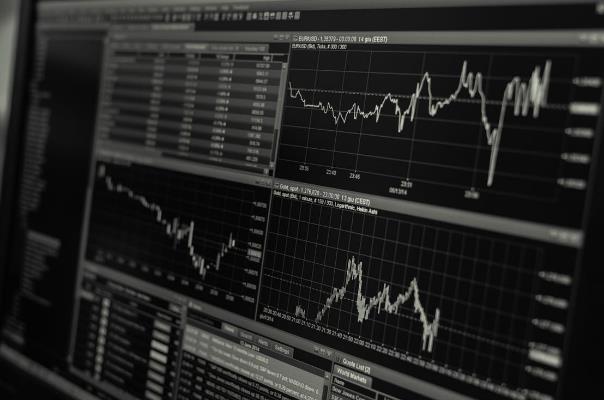
Highly Liquid + 24 Hour Trading
The FX market is highly liquid (over $5 trillion a day) which ensures that an investor can buy and sell a currency at virtually any point of time with lower trading costs than for example stocks. It also means you can get a better price than trading stocks because there are more buyers and sellers, thus more pricing available.
Also unlike stocks, a retail Forex trader can profit (and to be fair, lose!) in both rising and falling markets. With stocks, it is much harder to go ‘short’ (trying to profit from a fall in price in stocks), thus you have more competitive advantages in trading the Forex market. This makes it much easier to profit in bull and bear markets vs trading stocks.
Daily fluctuations in the currencies are often less volatile than stocks, often times less than 1% change in the value of the currency. This is why many Forex traders rely on the leverage to increase the value of potential movements. In the retail Forex trading world, leverage can be as high as 250:1 (although we recommend no more than 100:1 for Non-EU). With 100:1 leverage, you can trade $100 worth of a particular currency with only $1, giving you a chance to profit from the average daily movements in the FX markets and currency pairs.
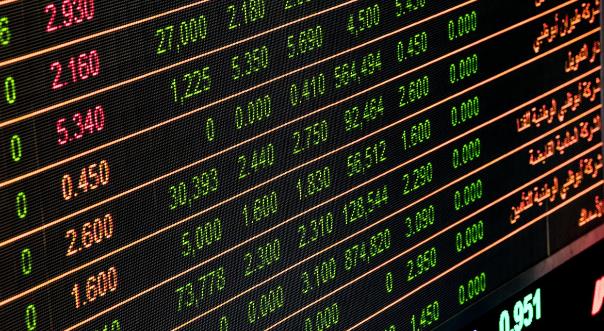
Forex Brokers
Forex brokers play an important role in the FX market as they are the crucial link between the individual (you – the retail Forex trader) and the Forex market. Individual investors cannot trade the Forex market directly via the major banks (unless you have at least $1 million USD).
Brokers profit by providing individual investors and traders (like you) an opportunity to trade the FX market simply through matching buyers and sellers.
It’s important to understand the Forex market is not a zero sum game (meaning one buyer for each seller). Often times smaller traders (retail traders) make trades that are matched by one large buyer/seller, and both of you can profit. This happens with larger FX players having different holding times or prices than you.
So an example is you buy the Euro vs. the USD at 1.15 and have a target of 1.16. Meanwhile the larger player has a target at 1.10. If the price rises to 1.16, you profit, while the larger player can hold the position for a larger move, perhaps later down to 1.10. The key to understand in all of this is that the Forex market is not a zero sum game, and both buyers and sellers can profit. Understand, however, that they can also lose.

How Forex Brokers Make Money
The primary method Forex brokers make money is by the spread, which is the difference between the Bid and Ask price for a currency pair. Think of it like how a real estate broker finds a buyer (you) for a house that is being sold (by the seller). The spread is a tiny markup in price from the actual currency pair.
The second method a Forex broker typically profits is from charging commissions. This is generally specific to the type of account you have, and how much trading volume you do per month. The majority of FX brokers today do not charge commissions, but make sure to check with any potential broker you sign up with.
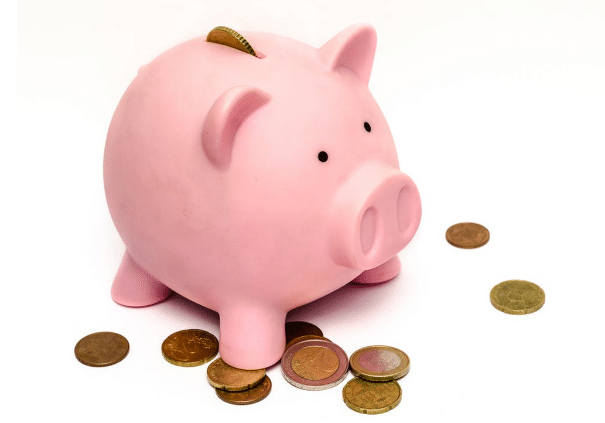
Why has the Forex market become so popular?
Learning how to trade and make consistent profits is not an easy thing. However if you can learn how to trade Forex successfully, it can offer a lifestyle that can’t be compared to most other jobs. This is because you can work from home, or trade from anywhere in the world as long as you have an internet connection and a laptop.
Imagine being able to work from anywhere in the world, wearing whatever clothes you want to, working at whatever time you want to, while on vacation, travelling, home or at the coffee shop. These are some of the many reasons trading Forex has attracted so many traders to the FX market over the last decade.
If you are willing to work hard and learn the necessary skills for Forex trading, you can become a full- or part-time FX trader.
I personally was tired of working in an office, having others tell me what to do, what to wear, when I got paid, when I got a raise, and how much I’m worth. If you want to work from home and have no limit to how much money you can make (understanding that there is always risk involved when you trade!), then you should definitely learn how to trade the Forex markets.
NOTE: Successful Forex trading is simple, but not easy. It will require you to work hard, get the proper Forex training, and learn to build a successful mindset. You’ll have start with the basics of Forex trading, eventually learn how to trade price action, have good risk- and money management, and understand successful trading psychology.
Along those lines, below are some of the core skills which are critical to you becoming a successful and profitable Forex trader. These skills can be learned and strengthened through mindset books and/or mindset training courses.

Discipline – Good discipline is very important for any Forex trader. Having good discipline ensures you are able follow your trading plan (rules) consistently, while avoiding poor trading opportunities.
Successful FX trading is all about strict risk- and money management which is impossible if you lack the discipline required to consistently adhere to your rules. Think of it how a professional poker player learns to make money from profitable hands, fold weak ones and protect their bankroll.
Traders struggling to make consistent profits trading the FX markets often show poor discipline, consistently violating their trading plan and risk- and money management rules. Nobody becomes a professional football player by having poor discipline.

Resilience – New traders often times are very excited and motivated to learn how to trade Forex successfully, especially with the opportunity to work from home and make money anywhere in the world, 24 hours a day.
Learning how to trade takes time, just like it takes several months or even years to become proficient in speaking a new language. It will also challenge your mindset and discipline, just like it takes more effort to get in physical shape than you expect.
The process of learning to trade successfully will require resilience, or the ability to endure ups and downs (just like any profession or business). Hence have the expectation from the outset you will likely have to work harder than you expect.

Emotional IQ – As in everyday life, decisions made under heavy emotional influence are often not the best ones. Have you ever made a hasty financial purchase you later regretted, or said something to a friend/loved one you later felt wasn’t the best idea?
The same applies in trading. You’re going to learn a lot about yourself, how you relate to money, abundance, success, discipline and more when trading.
Therefore it is important for aspiring traders to work on their mindset and emotional IQ so you can make calm and collected decisions while trading.

Patience – One key aspect to trading Forex successfully is to spot a good trading location and enter at the best possible price. Just like when you buy a house, you want the best price possible, the same is true when trading the Forex market.
Beginning traders often find themselves in situations entering too early or too late. This is because of either a) being impatient and wanting to get in the trade, or b) not being confident the trend will continue.
This is where patience comes into play. You have to be able to wait for the price action to come to your exact price while avoiding getting in too early or late. It’s hard to wait when you think you might be missing out on a trade and thus potentially losing money.
A successful trading mindset (just like in business) is a patient one that knows exactly when to strike and when to wait.

Probability Mindset – There are no certainties when trading the Forex market. No one really knows if price will go up or down. You only have ‘probabilities’ that a market will go up or down.
Successful Forex trading therefore is all about thinking in probabilities and finding setups that make money over a series of 100, 1.000 or 10.000 trades. This is the same way a professional poker plays. While they know the potential ‘probability’ a card will come up, they don’t know for sure if it will, so they have to play the probabilities in their favor.
A probability mindset can be hard for aspiring traders to adopt but is critical in order to succeed in the Forex market.
The most important thing is to a) avoid looking for confirmation (which doesn’t exist in the market), and b) think in probabilities.
What are the Advantages of Trading the Forex Market
- As mentioned before, the Forex market can be traded anywhere in the world as all trading is done online. Thus you can trade Forex from anywhere in the world as long as you have a laptop and an internet connection.
- The high liquidity of the Forex market means you can enter or exit a trade/position instantly, compared to certain stocks where (in the worst case) can be ‘stuck’ in a position because there is no buyer or seller available.
- You can profit (and of course lose!) in both rising and falling markets trading Forex , unlike stocks, which you generally can only buy as a retail trader.
- Forex trading does not require massive starting capital since you can start trading with as little as $100 due to the leverage available, something most Forex brokers offer.
- Instead of working your way through the jungle of thousands of stocks, you can focus on a few currency pairs only, offering several high probability trading opportunities 24 hours a day due to the consistent volatility and liquidity in the Forex market.
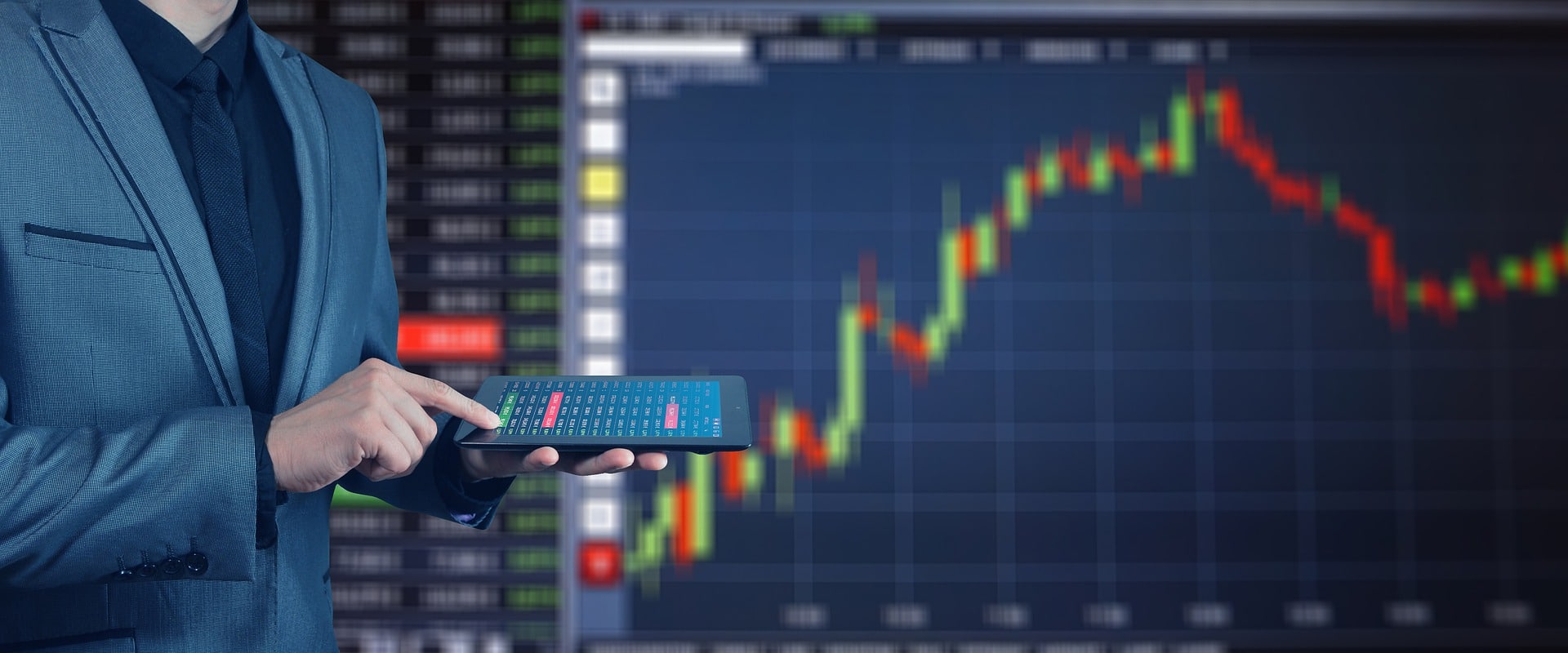
One Proven Way to Profitably Trade the Forex Market as a Retail Trader
If you are going to learn how to trade Forex through, you’ll need to learn from a Forex training course or by working with a proven Forex mentor and Forex trader. Only then can you know if your trading mentor’s strategies and techniques work. One good way to determine the quality of a Forex mentor and/or Forex training course is to see how well the students are doing by looking at Forex success stories.

I’ve shared my Forex trading results for 2017 along with multiple Forex trading success stories from my students and can teach you how to trade successfully. I do this using price action strategies which I’ve built over the last two decades working as a Forex broker on wall street, trading for a hedge fund, and trading privately for the last two decades.
You might hear how you need to learn technical analysis or learn about fundamental trading to make money trading Forex . It’s important to understand, that while banks, hedge funds, prop firms, and individual traders may use these methods to place trades in the market, all those decisions are based upon one variable – information.
Regardless of how they obtain the information, that ‘information’ has to be turned into an ‘order’ or a trade (i.e. I want to buy the EUR/USD at 1.1500). All of these ‘orders’ combined are what is called ‘order flow’.
Because we do not have direct access to the order flow in the Forex market, we have to learn how to read its ‘footprint’, which is contained in the price action which is visible on all Forex trading time frames. Price action has the fingerprints of order flow all over it. This is why you have to learn price action trading.
This skill, once learned can be done on any instrument, Forex pair, trading time frame or environment (up/down trend, ranging market, high or low volatility).
Reading price action in real time and trading price action successfully is a learnable skill that anyone can do with the proper training course, trading books or mentor, all of which we provide at 2ndSkies.
The skill of being able to read Forex price’s movement over time will enable you to;
- see where the institutional players are more involved (buying or selling)
- where are key support and resistance zones
- where to find precise entry and exits (trade locations)
- whether the market will breakout to new highs or lows
- how to make money in Forex trend trading
- finding tops and bottoms in trends
- what are impulsive vs. corrective price action moves
- what kind of market environment you are in (bull/bear trend, range, low/high volatility)
and more…
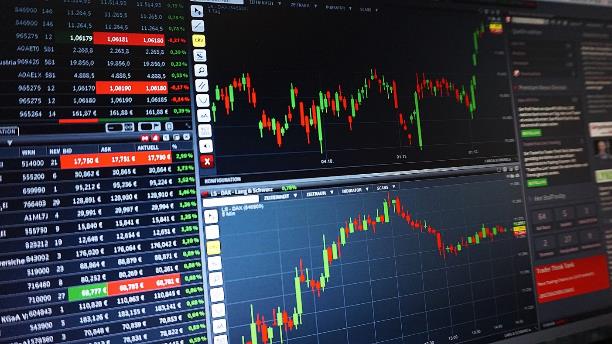
As you can see, the Forex market can offer fantastic opportunities for those willing to…
- drop the retail ‘get rich quick’ mindset
- set realistic long-term goals
- properly learn the profession of trading like a professional
- choose one trading method and stick to it
- work on and improve upon their mindset
While the Forex market has the potential to offer amazing rewards, it also carries risk. Many come to the trading world only thinking about the potential rewards but completely neglect the immense risk involved which definitely is the fastest way to lose all your money.

Therefore, it is of outmost importance that you approach your potential future trading career the right way, like you would with any other professional profession. You wouldn’t attempt to jump into an commercial airplane and take off without any prior training, would you? No, of course not. But this is exactly how most retail traders approach the Forex market the first time.
Only the fact that you’ve taken the time to read this article already shows that you are on the right track and are willing to approach this the right way.
